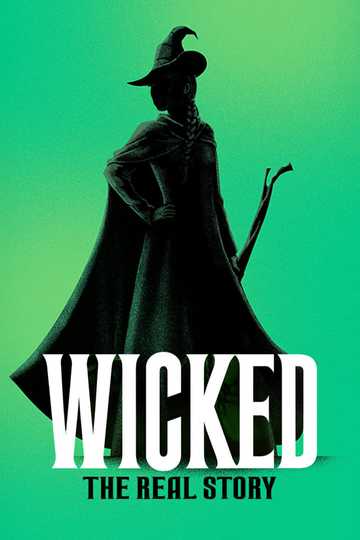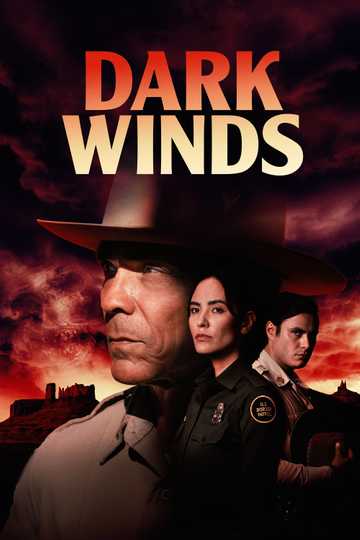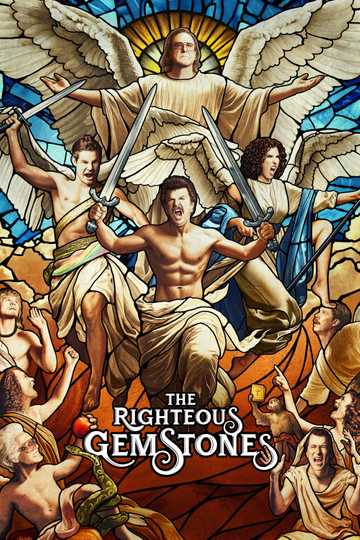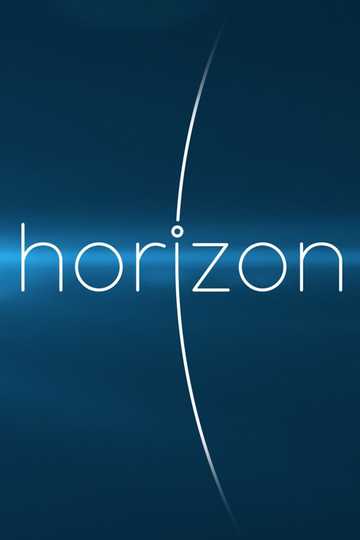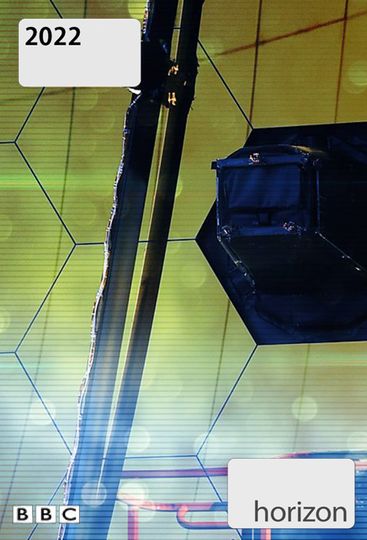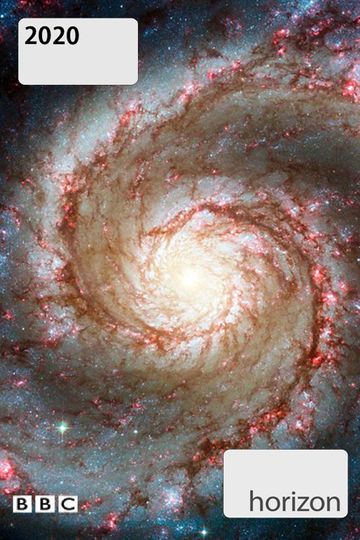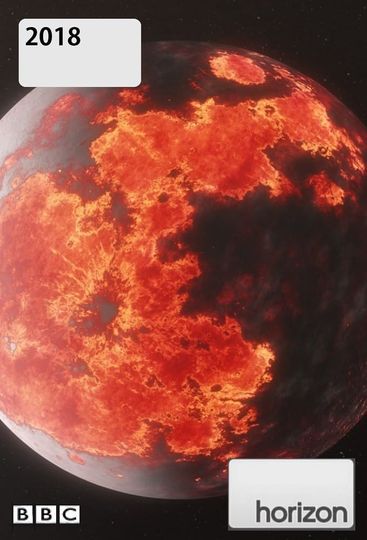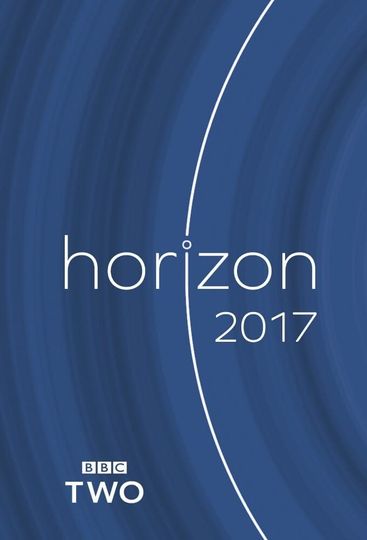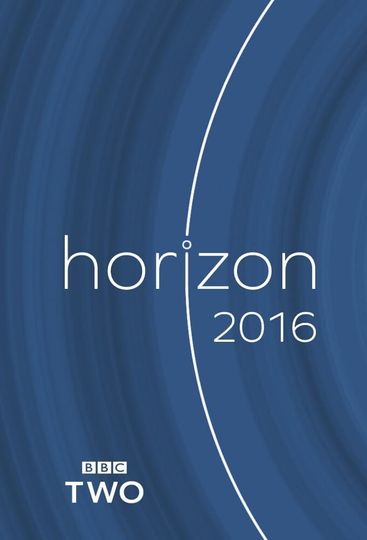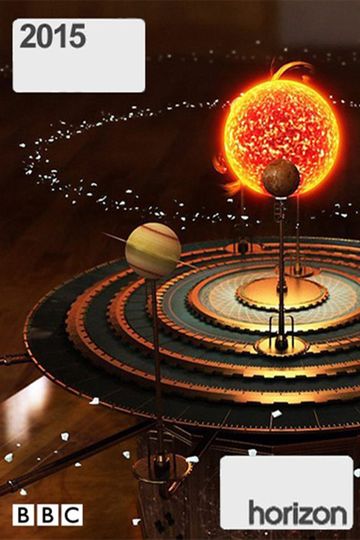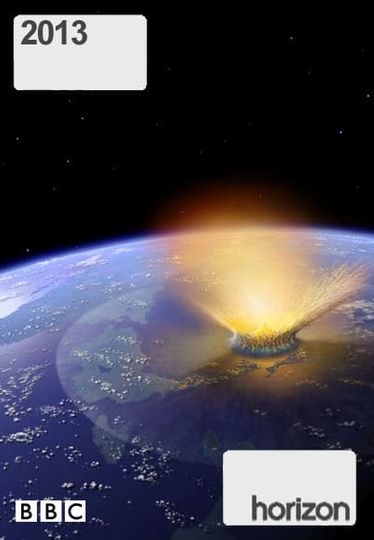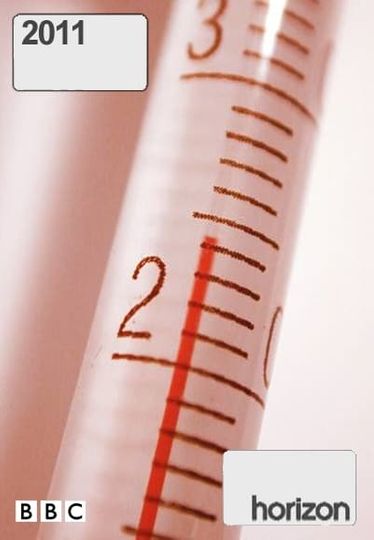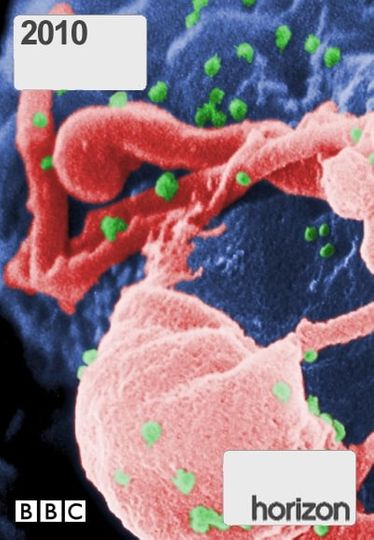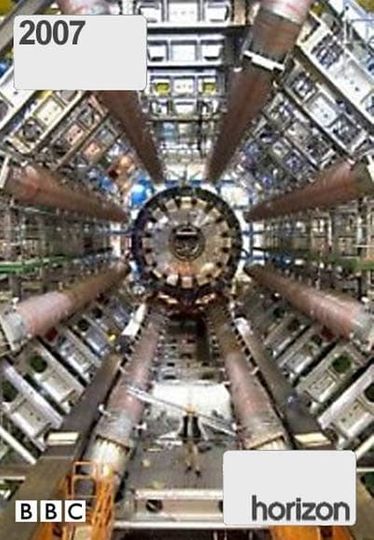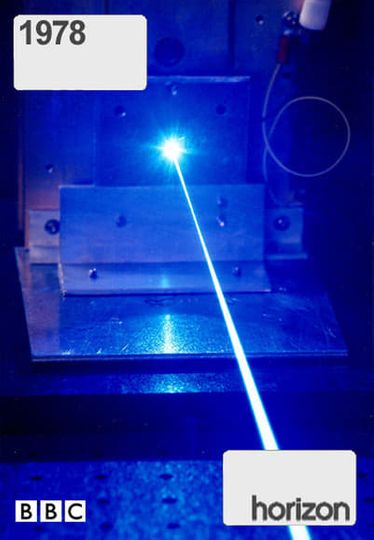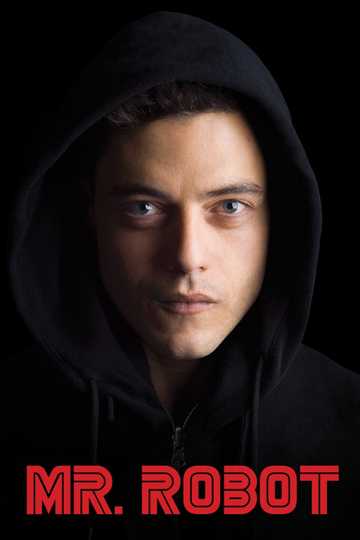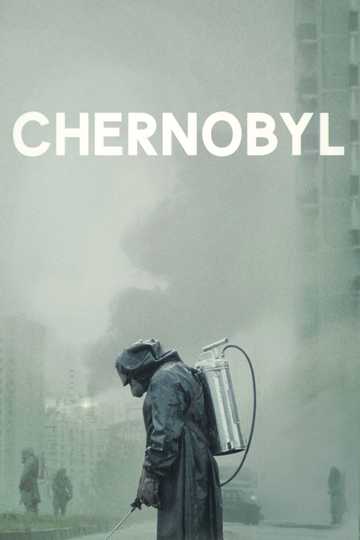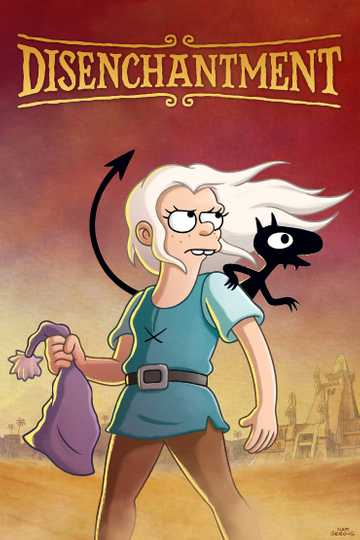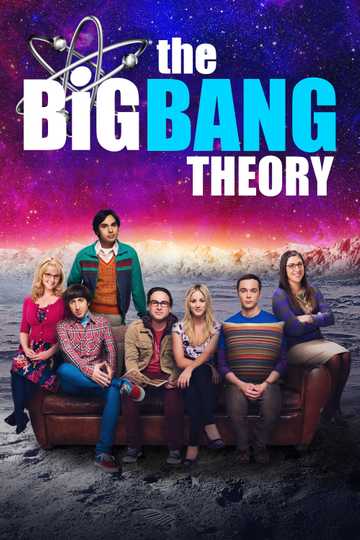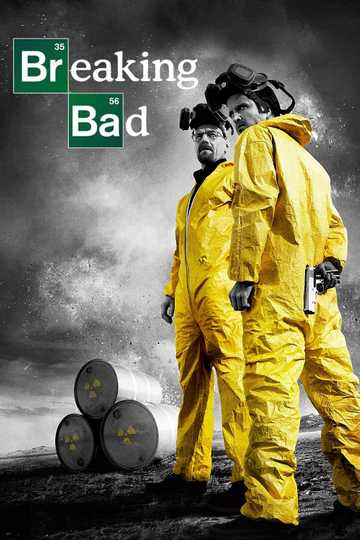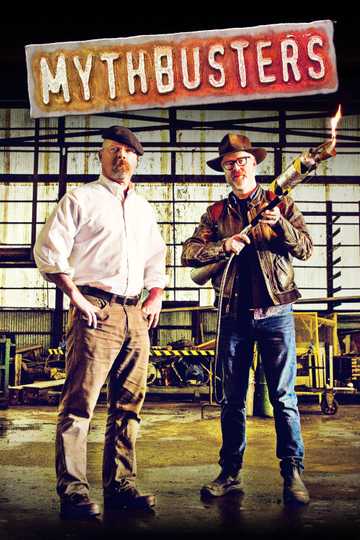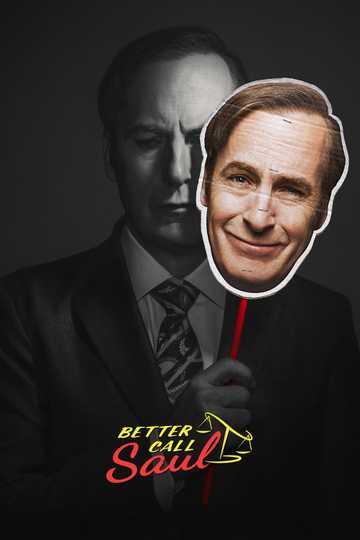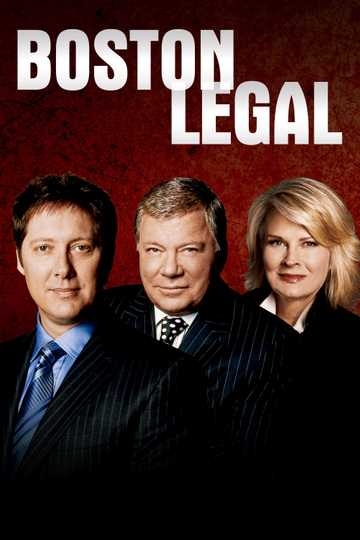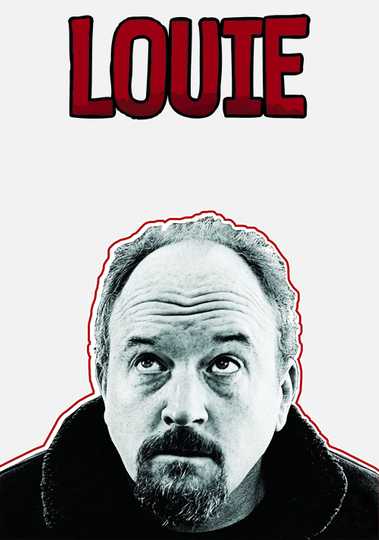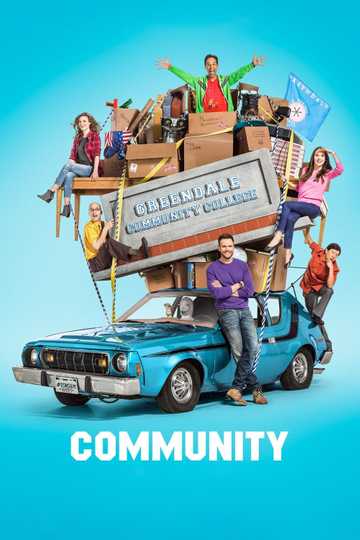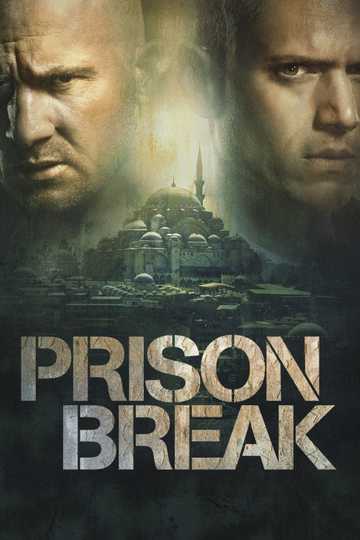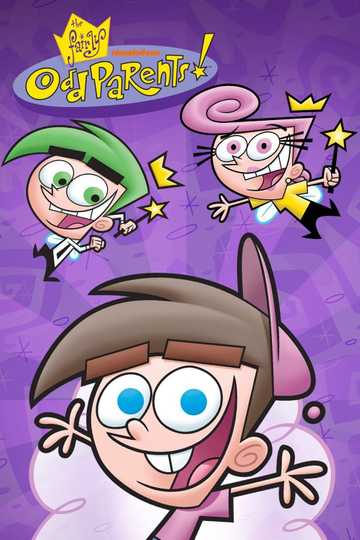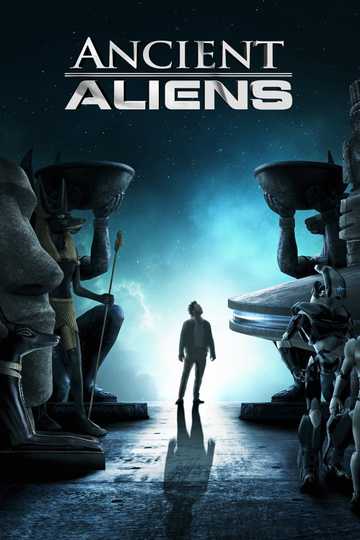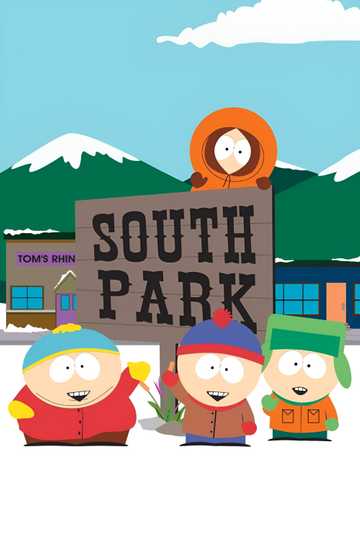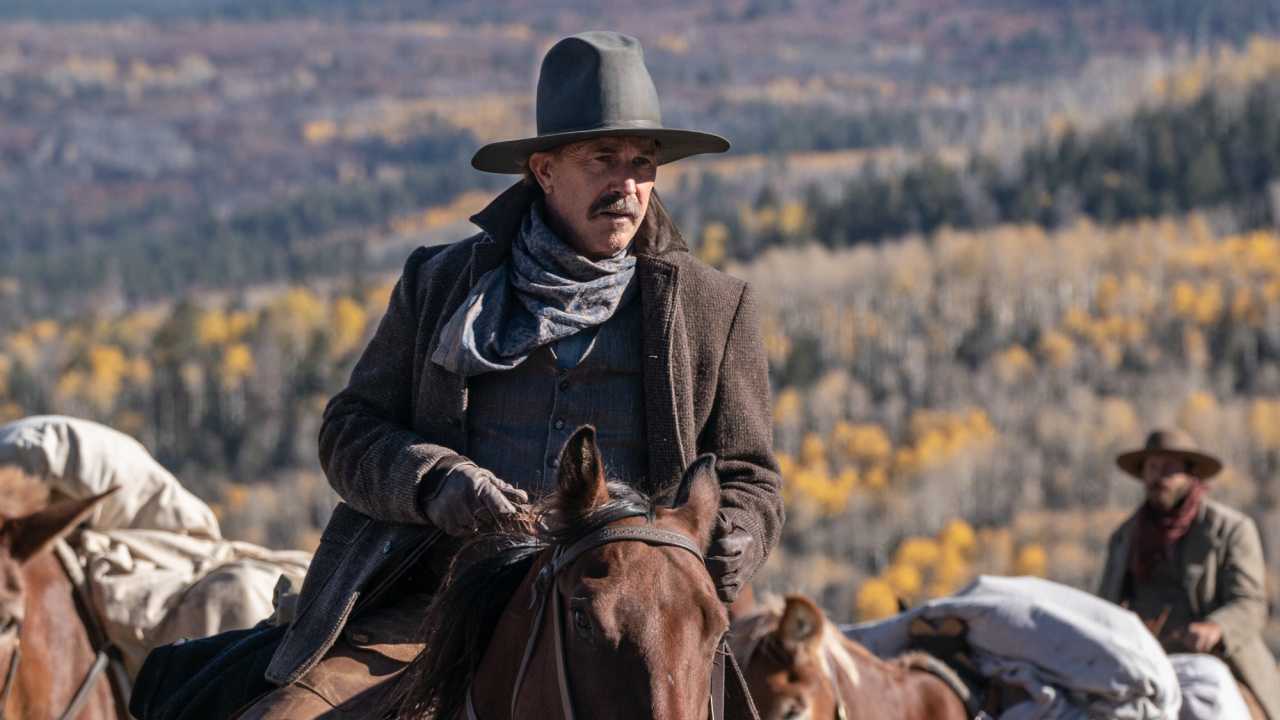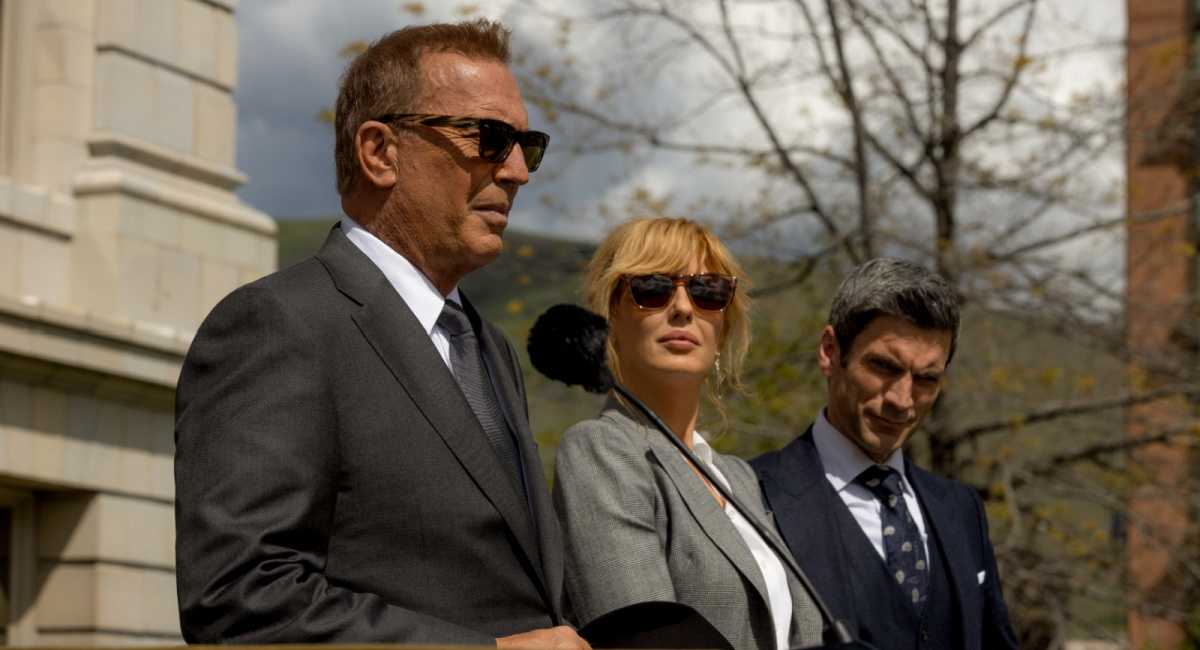1965 Episodes
1. Learning from Machines
At a time when the use of teaching machines is fast expanding, Horizon looks at the principles behind them and enquires into their success
2. The Technique of Change
Horizon profiles the Bell Laboratories in the United States. They are one of the most important research and development centers where more than 4000 scientists work with a budget of one hundred million pounds every year. Horizon investigates the possibility of setting up a similar research station in Britain.
3. Star Gazers
Horizon explores American plans to launch a space observatory to map the universe and learn how stars are created.
4. Science and Art
Horizon looks at the relationship between science and art, and also explores artists attitudes towards science.
5. The Great Computer Scandal / H-Bomb Detectors
Horizon investigates the states of big research computers in Britain. Also, Horizon looks at the H-Bomb Detectors and how British scientists have developed a nuclear explosion detector which has changed the political outlook for nuclear test controls.
6. Forbidden Events / I am a Madman
Is there a fifth force in the Universe, or must we revise our ideas about time? Horizon visits the Rutherford High Energy Laboratory where an experiment is running to settle this, and talks to Dr. Lipman.
7. Restless Genius / Faster, Farther, Higher
Prof. Andrade presents a tribute to Robert Hooke: architect, astronomer, geologist, and meteorologist who discovered the cell. This episode also includes a report on a 36 year study of the cell wall by Prof. Preston.
8. The Other Side of the Pill
Every day, on average, another 431 British women start taking the contraceptive pill. The manufacturers insist that it is the most carefully tested drug on the market today. But some scientists and doctors are concerned about the potential long-term effects of taking it.
9. The Big Smoke / The Model Makers
Nine years after the passing of the Clean Air Act, where do we stand? Scientists are gradually finding out why dirty air Is so harmful to ill persons with Dr. P. J. Lawther of Air Pollution Research Centre at St. Bartholomew's Hospital. Whenever the things they study are too big, too far off, or too hot to handle, scientists can make a model of these-but can they be sure their models truly represent reality?
10. The Long Slide / Men with Gills
When a rubber tyre rolls fast on a wet surface it may rise on a film of water and begin to 'aquaplane.' Scientists are studying this fact which creates a real hazard to aircraft passengers and fast drivers. A new membrane developed in America holds forth the prospect of men being able to live under water.
11. Men and Sharks / Sir Henry Dale, OM, FRS
Horizon looks at Prof. Perry Gilbert's research on captured sharks and meets with the eminent physiologist Sir Henry Dale as he celebrates his 90th birthday and looks back on his career in medical research. The eminent physiologist, who celebrates his ninetieth birthday today, looks back on his first discovery sixty years ago.
12. The Brain Gain / The Sudden Night / Learning to Speak
Dr. Jacob Bronowski, who a year ago took up the deputy directorship of the Salk Institute in California, discusses with Tom Rosenthal his new activities and how he feels about working in the golden West. The recent total eclipse of the sun was probably the most closely studied ever. With special film from the Pacific, Horizon examines what was done and why. For the first time deaf children can see a visual pattern of their own attempts at speech. In the programme a new machine is shown which may revolutionize the teaching of speech and language to these handicapped children.
13. Dr. Joseph Needham / Mariner IV
This episode of Horizon features Dr. Joseph Needham, an eminent scientist and humanist who is perhaps the greatest living authority on China. An account of the space probe Mariner IV which will be flying past Mars tonight.
14. Science Fiction : Science Fact? / Alone and Unarmed
Is all science fiction merely fantasy - or can it give valuable clues to the future? A discussion between Desmond Morris and the ethologist George Schaller.
15. Certain of Uncertainty / State of Nature
The four men who opened up a new field of physics: Max Born, Paul Dirac, Werner Heisenberg and George Thompson meet and discuss topic with John Charap at the annual science conference in Lindau, Germany.
16. Time Stood Still / Weighty Matters
Professor Harold Edgerton of the Massachusetts Institute of Technology, who has won international recognition for his achievements in ultra-high-speed photography, talks about his work and shows some of the remarkable pictures, both still and moving, that he has taken.
17. Fuel for the Future / Collector's Piece
Horizon interviews Prof. Andrade about his collection of rare scientific books which he was about to sell.
18. Let Newton Be
On the 300th anniversary of Isaac Newton's greatest year of discovery, one of his most ardent disciples, Prof. Julius Summer-Miller, comes from California to illustrate the excitement of seeing Newton's principles in action.
19. Special Senses / Toil, Sweat & Tears
What sort of person can invent a 3-D microscope, a new way of photographing the moon, publish fifty papers on perception, and spend three weeks hunting for a minute sea creature to see how its eyes work? Cambridge psychologist Richard Gregory is a man of many facets. Tonight's film examines his inventiveness—its sources and its products. An M.R.C. team headed by Dr. D. G. Phillips has taken the first step towards answering the vital question: how do enzymes work?
20. An Affair of the Heart
Horizon explores heart attacks and thrombosis.
21. 10,000 Tombs
Horizon probes into the Etruscan tombs in Italy. Carlo Lerici, scientist and archaeologist, has brought past and future together. Using geophysical methods intended for mineral surveying, he has detected 10,000 unknown Etruscan tombs in ten years.
22. Albert Szent-Györgyi M.D., Ph.D., D.h.c.
Horizon profiles the scientist, polymath, and Nobel prize winner Prof. Albert Szent-Gyorgi.
23. The Big Dishes / The Living Stream
A look at some of the huge new radio telescopes which have recently started work in Britain, France, Russia, America, and elsewhere. Sir Bernard Lovell, Professor Martin Ryle, and M. Émile-Jacques Blum explain the scientific motive for this vast expenditure.
24. Boys on Bubbles / Problems and Puzzles
Horizon re-stages highlights from Professor C. V. Boys's famous Christmas lectures on bubbles and surface tension which drew crowds to the London Institution sixty-six years ago. Then, a mathematician challenges you to solve some of the puzzles he has invented.



